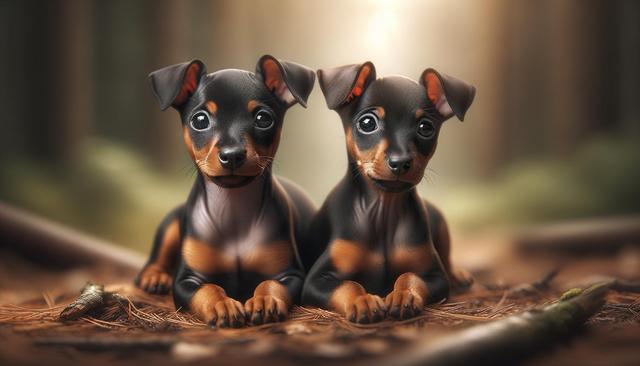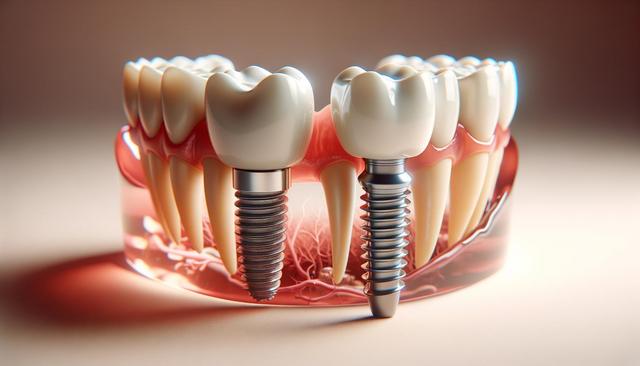The Origins and Temperament of Miniature Pinschers
Miniature Pinschers, often affectionately called “Min Pins,” are a distinct breed with a bold and spirited personality. Despite their small size, they are known for their fearless demeanor and lively nature. Originally bred in Germany, these dogs were developed as rat hunters, which explains their high energy and alertness. They are not miniature versions of other breeds like Dobermans, as commonly believed, but a separate breed with a long history.
Temperament-wise, Miniature Pinschers are confident, curious, and independent. They form strong bonds with their families and can be quite protective. However, their assertiveness means they benefit from early socialization and training. When raised in a structured environment, Min Pins are loyal companions who love to be at the center of attention.
Here are a few traits commonly observed in Miniature Pinscher puppies:
- Highly energetic and playful
- Alert and often bark at unfamiliar sounds
- Independent but affectionate with family
- Can be wary of strangers
Understanding these traits is crucial for anyone considering adding a Min Pin to their household, as it helps in setting realistic expectations and preparing for their care.
Training and Socialization
Training is an essential part of raising a well-behaved Miniature Pinscher. These puppies are intelligent and quick learners, but they also have a stubborn streak. This combination can be challenging for first-time dog owners, but with patience and consistency, Min Pins can be taught a wide range of commands and behaviors.
Positive reinforcement techniques work best with this breed. Rewarding good behavior with treats, praise, or playtime helps build trust and encourages them to follow instructions. It’s also important to start socialization early by exposing the puppy to various people, pets, and environments. This helps reduce anxiety and aggression as they mature.
Effective training strategies include:
- Short, frequent training sessions to maintain focus
- Using consistent commands and cues
- Rewarding desired behaviors immediately
- Introducing new experiences gradually
Socialization is not just about interaction with other dogs. It also involves getting the puppy used to different sounds, sights, and situations. Taking your Miniature Pinscher on walks in different neighborhoods, visiting pet-friendly stores, and inviting friends over can all contribute to a well-rounded adult dog.
Health and Nutrition for Growing Puppies
Like all dog breeds, Miniature Pinschers have specific health and nutritional needs that should be addressed early on. These puppies are generally healthy, but they are prone to certain genetic conditions such as patellar luxation, progressive retinal atrophy, and Legg-Calvé-Perthes disease. Regular veterinary check-ups and preventive care can help detect and manage these issues early.
Nutrition plays a significant role in the growth and development of a Miniature Pinscher puppy. A balanced diet that includes quality protein, healthy fats, and essential vitamins and minerals is crucial. Puppies require more calories than adult dogs to support their rapid growth and energy levels.
Feeding tips for Miniature Pinscher puppies include:
- Choosing a high-quality puppy food appropriate for small breeds
- Feeding smaller, more frequent meals (3–4 times a day)
- Monitoring weight to prevent obesity
- Avoiding human food and toxic substances like chocolate or grapes
Additionally, it’s important to provide fresh water at all times and establish a feeding routine. Consulting with a veterinarian can help create a personalized feeding plan based on your puppy’s age, weight, and activity level.
Exercise and Mental Stimulation
Miniature Pinschers may be small in size, but they have big energy needs. These puppies require regular exercise to stay healthy and happy. Daily walks, interactive games, and time in a secure yard can help them burn off energy and prevent behavioral issues that arise from boredom.
Aside from physical activity, mental stimulation is equally important. Min Pins are highly intelligent and enjoy mental challenges. Puzzle toys, obedience training, and scent games are great ways to keep their minds occupied. Without adequate stimulation, they can become destructive or develop habits like excessive barking.
Activities that are beneficial for Miniature Pinscher puppies include:
- Short agility courses with tunnels and jumps
- Fetch and tug-of-war games
- Basic obedience training exercises
- Exploring new environments on leash
Structured playtime and consistent routines also help manage their energy. It’s essential to supervise them during outdoor play, as their curious nature may lead them to escape through small spaces or chase after wildlife.
Grooming and General Care
Miniature Pinschers are relatively low maintenance when it comes to grooming, thanks to their short and smooth coats. They do shed, but not excessively, making them suitable for households looking for a cleaner pet option. Regular brushing helps keep their coat shiny and distributes natural oils evenly across the skin.
Grooming routines should also include dental care, nail trimming, and ear cleaning. Dental hygiene is particularly important for small breeds prone to periodontal disease. Brushing their teeth several times a week and offering dental chews can help maintain oral health.
Essential grooming and care practices include:
- Weekly brushing with a soft-bristle brush
- Monthly nail trims to prevent overgrowth
- Routine ear checks for signs of infection
- Bathing every few months or as needed
Beyond grooming, creating a safe and engaging home environment is key. Providing a warm bed, chew toys, and designated potty areas contributes to their comfort and well-being. Because Miniature Pinschers are sensitive to cold weather, consider using dog sweaters or coats during winter walks.
Conclusion: Is a Miniature Pinscher Puppy Right for You?
Miniature Pinscher puppies are dynamic, intelligent, and devoted companions. While they require consistent training, regular exercise, and attentive care, they reward their guardians with loyalty and endless affection. Families or individuals who enjoy an active lifestyle and have time to invest in early socialization and training will find the Miniature Pinscher a delightful addition to their home. Before bringing one home, ensure you’re prepared for their spirited personality and lifelong commitment.




Leave a Reply